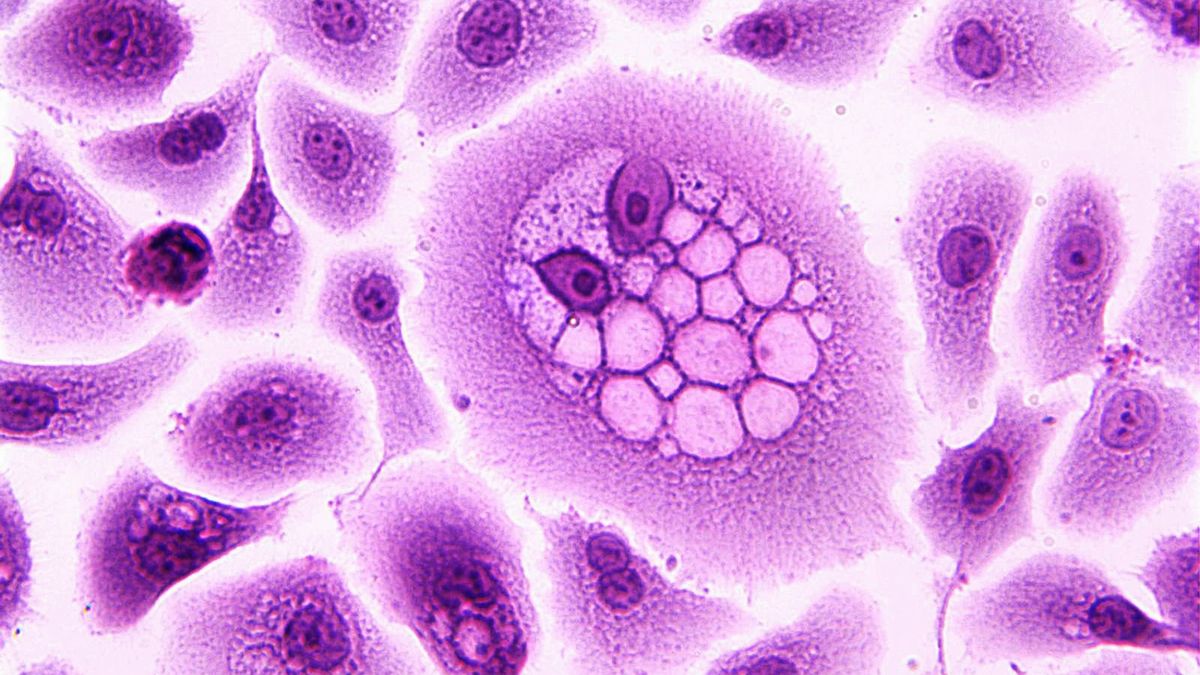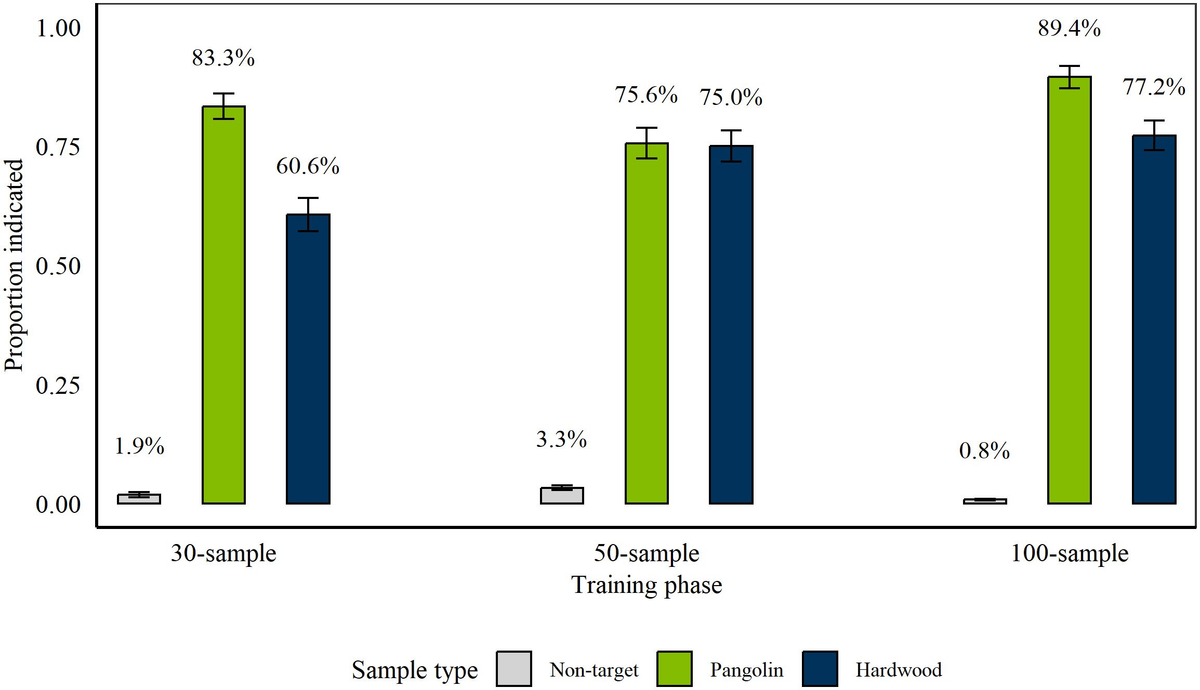
Can viruses cause cancer?
Smoking, being exposed to toxic chemicals or radiation, and carrying mutations in certain genes are some of the best-known risk factors for cancer. But another cause of cancer isn't discussed as often: viruses.
There are at least seven viruses that are known to contribute to the development of cancer in humans, either directly or indirectly. These include human papillomaviruses (HPV), hepatitis B virus (HBV), hepatitis C virus (HCV), Epstein-Barr virus (EBV), Kaposi's sarcoma-associated herpesvirus, human T-cell lymphotropic virus and Merkel cell polyomavirus. In addition, human immunodeficiency virus (HIV) raises the risk of cancer in part by opening the door for cancer-driving viruses to invade the body.
It's important to note, however, that only a small percentage of people who are infected with these viruses go on to develop cancer — in other words, catching one of these viruses doesn't guarantee that you'll develop cancer. For example, over 90% of adults worldwide have been infected with EBV at some point in their lives, but only 1% of cancers are associated with EBV, the virus behind "mono."
Cases driven by all these viruses do add up, though. An estimate based on 2012 infection numbers suggested that viral infections may contribute to more than 1.4 million cancer cases worldwide that year, representing about 10% of all cancer cases.























